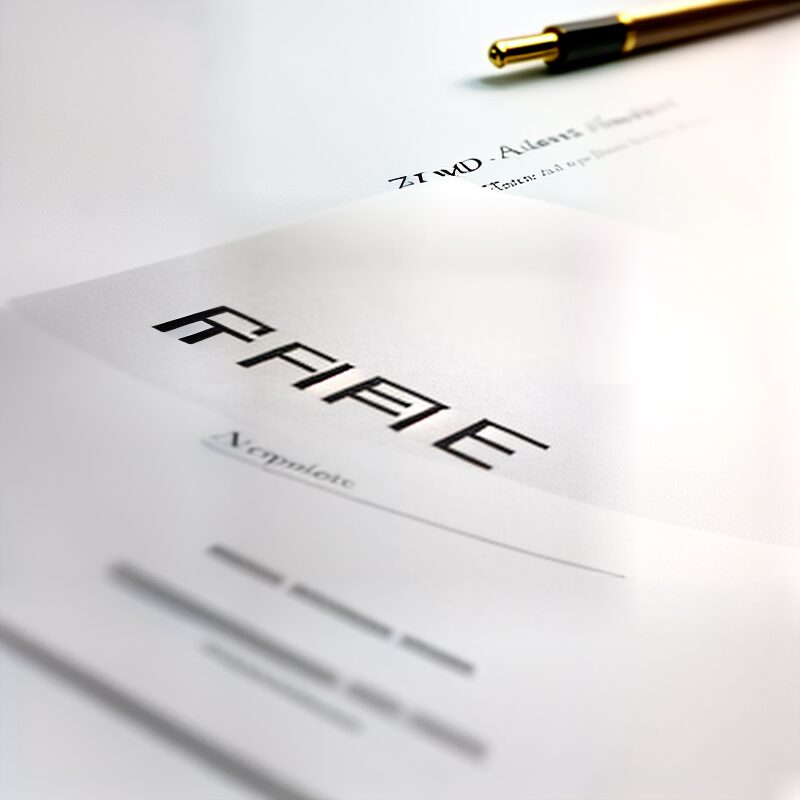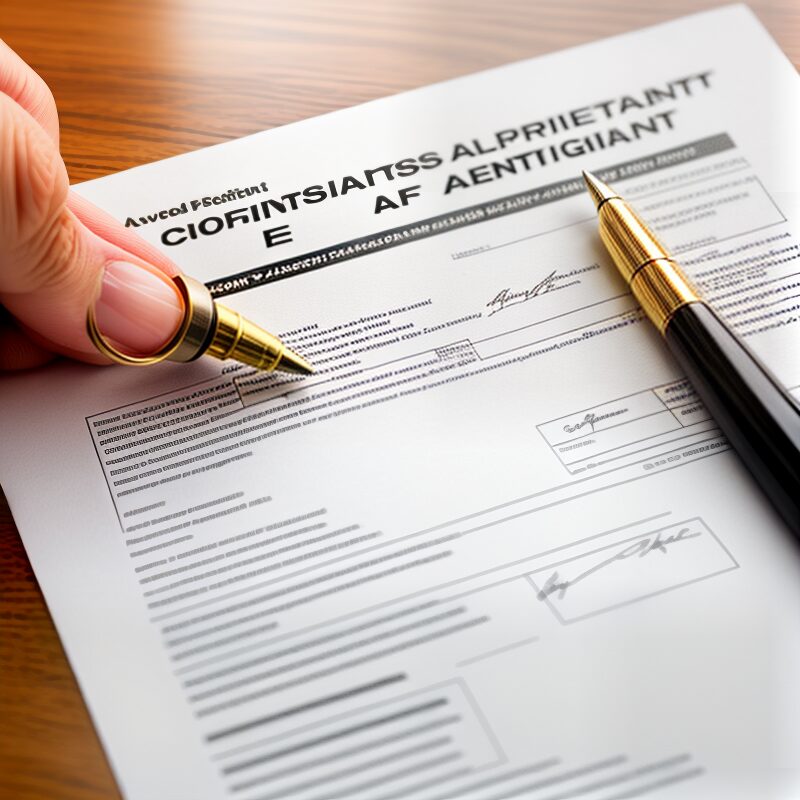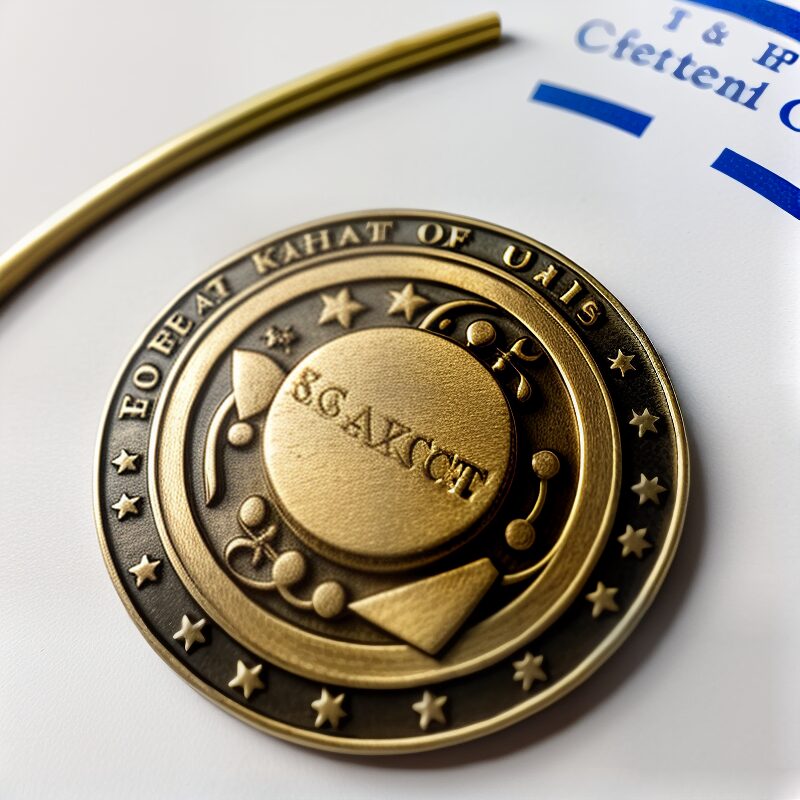Introduction to Rent Agreements
In Pakistan, with rising inflation and property costs, renting has become an increasingly practical option for many. It offers tenants a chance to reside comfortably without the heavy commitment of ownership, while landlords benefit from a steady income stream. Yet, the intricacies of rent agreements and tenant rights are often overlooked, leading to disputes and exploitation. This comprehensive guide aims to clarify rent agreement laws in Pakistan, ensuring both landlords and tenants can establish a harmonious and legally sound relationship.
Defining Rent Agreements
A rent agreement is a legally enforceable contract that outlines the terms and conditions under which a property is rented. The agreement can be verbal or written; however, a written contract is preferred to prevent misunderstandings. It typically specifies the duration of the lease, monthly rent, and other terms agreed upon by the tenant and landlord. In Pakistan, most residential leases are set for six months to one year, though the duration can be adjusted by mutual consent.
Key Legislation Governing Rent Agreements
Several laws provide a framework for rental agreements in Pakistan:
- The Transfer of Property Act, 1882
- The Rent Restriction Act, 1949
- The Tenancy Act, 1887
- The East Pakistan Rent Restriction Ordinance, 1959
- Punjab Rented Premises Act, 2009
- The Contract Act 1872
Drafting a Rent Agreement
To draft a rent agreement in Pakistan, the document should be written on stamp paper obtained from authorized vendors. Key elements to include are:
- Contact information for both parties
- Description and location of the property
- Lease duration and renewal terms
- Rent amount, due dates, and payment methods
- Responsibilities for maintenance and repairs
- Conditions for subletting, if applicable
Considerations Before Signing a Rent Agreement
Before entering a rental agreement, tenants should:
- Review and understand all terms and conditions
- Inspect the property for damages or issues
- Verify the landlord’s ownership and credibility
- Ensure the agreement reflects all verbal discussions
Landlords should:
- Ensure the tenant understands the agreement
- Provide a secure and livable property
- Respect the tenant’s privacy and rights
Tenant and Landlord Rights
Tenants in Pakistan have rights to:
- A safe and habitable property
- Privacy and quiet enjoyment
- Fair treatment and due process in evictions
Landlords have the right to:
- Receive timely rent payments
- Evict tenants under lawful circumstances
- Inspect the property, with prior notice
Eviction Procedures
Evictions must follow a legal process, which includes:
- Providing proper notice to the tenant
- Filing an eviction suit if necessary
- Following court orders for lawful eviction
Drafting Assistance
For those needing help drafting or reviewing a rental agreement, Islamabadlawyers.pk offers expert legal services. We provide free consultations to guide you through the legal aspects of renting in Pakistan.
Conclusion
Renting in Pakistan can be a smooth process with a proper understanding of the laws and rights involved. Both tenants and landlords should aim for transparency and fairness in their agreements to avoid conflicts. For detailed guidance and professional assistance with drafting rent agreements, feel free to consult Islamabadlawyers.pk.
This guide aims to make the rental process in Pakistan understandable and accessible, ensuring all parties can engage in rental agreements with confidence and legal backing.












0 Comments